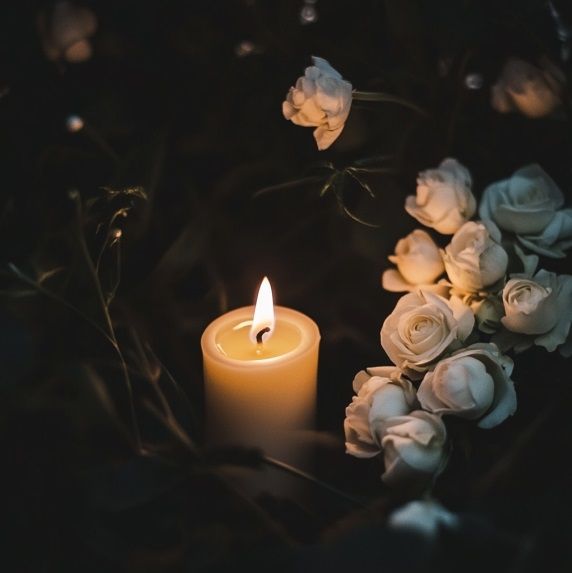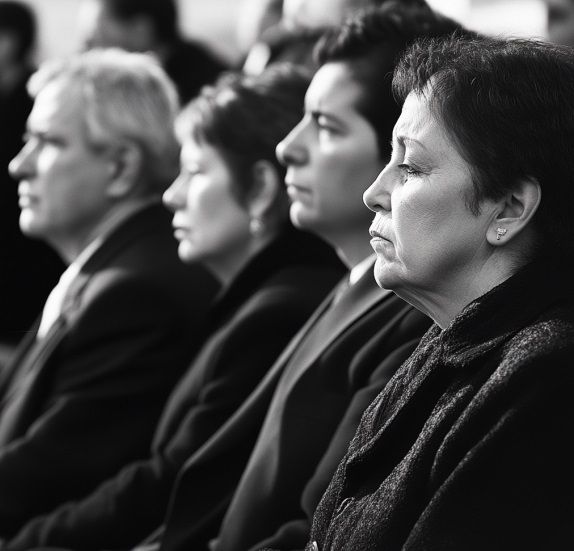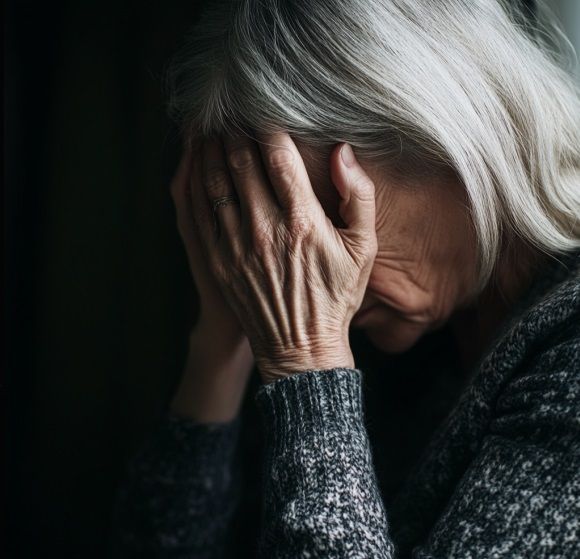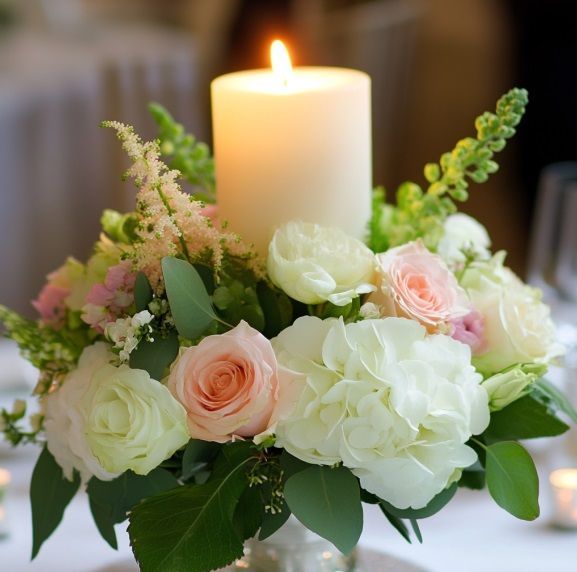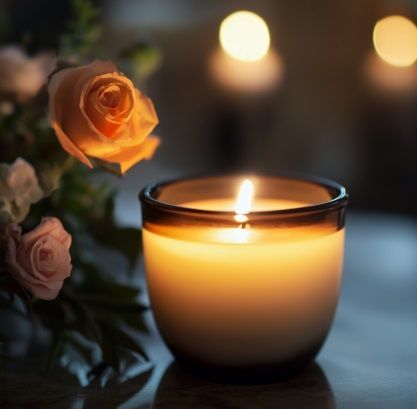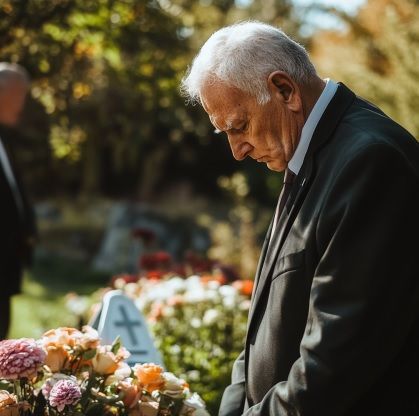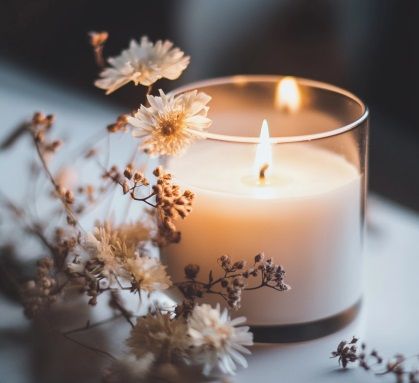Honoring Life: A Guide to Memorial Ceremonies
Losing a loved one is an experience that touches every human life, bringing with it a profound sense of grief, reflection, and often the need for closure. To honor and remember those who have passed, memorial ceremonies serve as a vital ritual in many cultures worldwide, providing solace to the bereaved and a moment to commemorate the life lived. This guide aims to help you understand the essentials of memorial ceremonies and how to create a meaningful tribute through South Bend, IN, funeral homes.
Understanding Memorial Ceremonies
Memorial ceremonies are gatherings to remember someone who has died, often after the funeral or sometimes instead of one. They can be formal or informal, religious or secular, and they may be held in various locations such as funeral homes, places of worship, private homes, or even outdoors in nature. The purpose of these ceremonies is twofold: to honor the deceased and to offer friends and family an opportunity to say their farewells in a supportive environment.
Planning the Ceremony
- Decide on the Type of Ceremony: The ceremony’s nature should reflect the deceased’s beliefs, values, and personality. Whether it’s a traditional religious service or a contemporary secular gathering, the most crucial factor is that it embodies the essence of the remembered person.
- Choose a Location: Selecting an appropriate venue is crucial. Consider places that hold special significance to your loved one, such as a favorite park or beach. Ensure the place is accessible to all guests and provides comfort and serenity.
- Set the Tone: The tone will steer the event’s proceedings, whether intimate or grand, somber or celebratory. Music, readings, and eulogies are critical in setting the emotional ambiance. Include cherished songs, poems, or quotes that were meaningful to the deceased.
- Personalization: Incorporate elements that signify the individuality of your loved one. Display photographs of cherished items or create a video montage to evoke memories and stories. Encouraging participants to share memories can create a tapestry of recollections celebrating the unique life lived.
- Participation: Invite friends and family to participate in the ceremony. They may deliver readings, share personal anecdotes, or perform music. Participation helps in the healing process, allowing individuals to express their grief and affection.
- Commemorative Activities: Consider including acts of commemoration such as releasing balloons, planting a tree, or lighting candles. These acts can serve as powerful symbols of life and legacy.
- Attend to Guests’ Needs: Ensure guests are comfortable, offering refreshments if appropriate. Providing tissues and small tokens of remembrance, like personalized memorial cards, is also considerate.
- Follow-up: After the ceremony, follow up with attendees, especially those who have traveled or were particularly close to the deceased. Acknowledging their effort and sharing their grief helps foster community and support in difficult times.
A memorial ceremony is a profound way to honor a well-lived life, providing space for collective mourning, commemoration, and healing. Remember, there are no strict rules—you can personalize the ceremony to reflect the soul you are celebrating. By focusing on the meaningful aspects of your loved one’s life and inviting others to share in remembrance, you craft a loving, inclusive atmosphere that respects the departed while offering comfort to those who remain and with the help of funeral homes in South Bend, IN. Like Johnson-Danielson Funeral Home, you can be at peace with your chosen service option. For more information, you can contact us today.


